Understanding HIPAA Compliance Certification
Acquiring HIPAA Compliance Certification can be a challenging and crucial undertaking for companies operating in the healthcare sector or providing support to patient care operations (Business Associates). Since there is no official “certifying body” for a corporate HIPAA compliance plan, the word “compliance certification” may appear foreign to you. But in order to guarantee seamless operations and safeguard sensitive data, knowing the specifics of obtaining and upholding HIPAA compliance is essential. For individuals seeking clarification on this issue, such as legal researchers, owners, stakeholders, workers in healthcare-related areas, or public policy students, the path to compliance may appear intimidating. This post will walk you through the procedures required to attain and maintain HIPAA compliance, shedding light on the standards, nuances, and steps involved in being compliant.
The Importance of HIPAA Compliance
HIPAA compliance is essential for patient safety and confidence, not merely as a regulatory requirement for healthcare providers and their business partners. Organizations can safeguard confidential patient health information (PHI) against breaches and unauthorized access by following HIPAA requirements. In a time when digital data can be exposed to cyberattacks, this protection is essential. Compliance also lessens the risk of expensive fines and legal action that may result from non-compliance. It also establishes guidelines for the responsible handling of PHI, which is essential to preserving the credibility and integrity of healthcare organizations. HIPAA compliance is essentially about protecting the confidentiality and privacy of people’s most personal information, which is essential to the ethical practice of healthcare. It is not merely about obeying the laws.
Myths and Facts: Is there an official HIPAA certification?
The presence of a formal HIPAA certification granted by the government or a regulatory authority is one prevalent misunderstanding. In reality, there isn’t a HIPAA certification procedure that is approved by the government. No HIPAA compliance certification is provided or accepted by the Office for Civil Rights (OCR) or the Department of Health and Human Services (HHS). While third-party organizations do provide HIPAA-related certifications, they are not recognized by the government. Still, they have their uses. These certificates frequently indicate that an organization’s compliance efforts were examined by a third-party auditor who deemed them adequate at the time of the audit. Above all, real compliance—rather than merely certification—should always be the main objective. This entails a constant adherence to the HIPAA-mandated standards and security measures.
Understanding HIPAA Rules and Regulations
Achieving compliance starts with knowing the laws and regulations governing HIPAA. Protection, security, and breach reporting of health information (PHI) are all governed by a number of requirements outlined under HIPAA. For instance, PHI is subject to regulations regarding who can access it, while the Security Rule establishes guidelines for its electronic security. When unlawful disclosure of PHI occurs, the Breach Notification Rule specifies how individuals and authorities should be notified. Understanding and putting into practice policies and procedures that comply with these regulations is necessary for a business to be HIPAA compliant. Implementing administrative, technical, and physical safeguards as well as performing risk assessments and personnel training are all part of this process to protect health information. It is imperative that covered entities and business associates educate themselves and regularly check their adherence to HIPAA standards, as ignorance of the requirements is not a defense against non-compliance.
Assessing the role of Business Associate
In the ecosystem of HIPAA compliance, business associates are essential. They are individuals or organizations that work with or offer services to a covered entity, carrying out tasks that require using or disclosing protected health information (PHI). Due to shared accountability, covered companies must closely monitor their business relationships for compliance. Making sure business associates have the required protections in place to secure PHI and are aware of their responsibilities under HIPAA is part of this. It is necessary to sign contracts called Business Associate Agreements (BAAs), which outline the acceptable uses of PHI and what has to happen in the event of a breach.
Maintaining HIPAA Compliance
Maintaining ongoing HIPAA compliance is a continuous duty. Merely putting policies into place and then forgetting about them is insufficient. Rather, the organization should cultivate a culture of compliance. More frequently than once a year is required, training sessions can be held to keep staff members informed about the most recent HIPAA regulations and best practices for protecting PHI. It all depends on your personal taste and what suits your needs the best.
Furthermore, it is imperative to conduct periodic internal audits to evaluate the effectiveness of the implemented compliance protocols and pinpoint any aspects that require enhancement. Every year, improvements to policies and technological advancements should be assessed in light of HIPAA regulations. Ensuring that ongoing and dynamic compliance actions are properly documented can be very important in the case of a regulatory audit or breach. Organizations may make sure that their HIPAA compliance is always current by being watchful and responsive.

